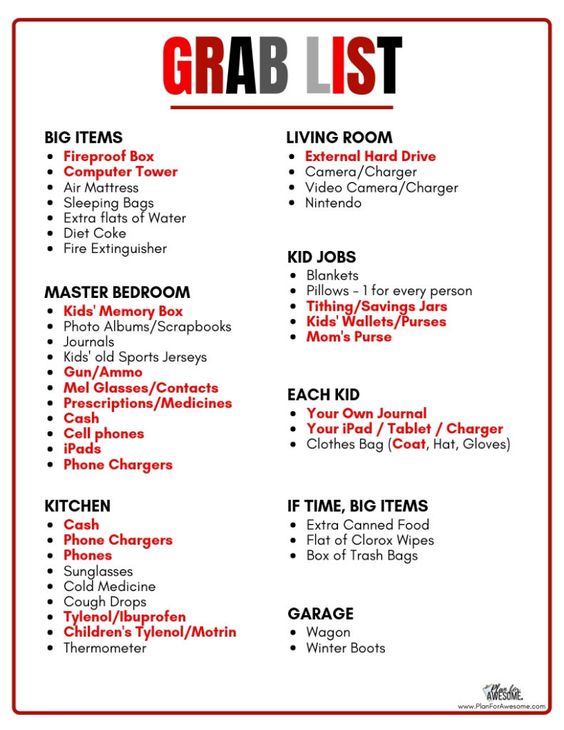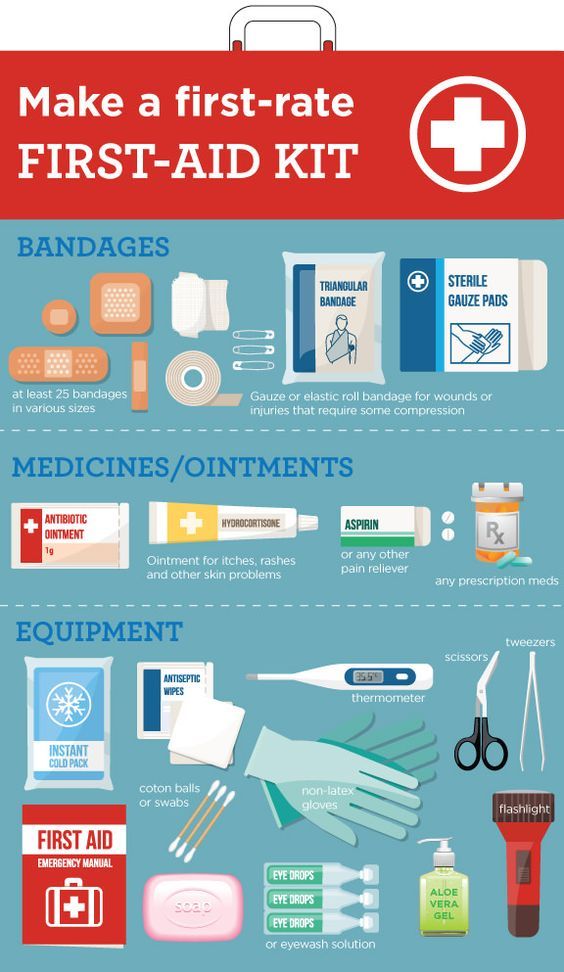This is pretty good info but nothing new for us here. At the same time it is NOT about COVID-19 or Riots, so I am posting it anyway.
https://www.survivopedia.com/top-10-preps-you-should-not-neglect/
Top 10 Preps You Should Not Neglect
GENERAL PREP, Survival Skills
By
Bob Rodgers
June 4, 2020
It seems that with every passing year, our ranks are increasing, and more and more people become interested in emergency preparedness.
Since entire states are affected by various natural disasters each year, and certain SHTF scenarios that we only saw in movies are now becoming a reality, it seems somehow natural for people to want to be prepared for the worst.
The problem with preparedness is that, without a doubt, this activity requires a lot of time and effort to do things right. That’s why a few essential preps end up being neglected by both beginners and experienced preppers.
Even more, most Americans believe that being a prepper requires having an underground bunker, a few years worth of food, and enough guns and ammo to survive the next big war. Although having some of the preps I’ve just listed is a good thing, and it depends from case to case, most times people may lose track of things that are equally important.
Rather than going on with the hype and the fanciful image portrayed by the media and other preppers, you should make sure the following preps are covered.
Ten Essential Preps You Need to Cover
1. Make a realist survival plan
Almost all people start buying stuff, and lots of it, when they get into prepping and this may not be a good approach. The first thing all preppers should do is to create a plan and prioritize it. Good planning not only will allow you to put things in perspective and identify prepping priorities (what SHTF scenario you should be prepping for) but will also help you save money.
Without a proper assessment, you’ll be spending a lot of energy and resources, without accomplishing much of anything.

Why do people fail to do it?
I honestly believe that most people lack the time or knowledge to make such a plan, and they get confused by all the amount of information available out there. Others simply fail to see the benefits of planning and keeping things organized, and they build on their needs as they go.
What can you do?
My suggestion is to start with a simple plan that concentrates on your region and build on top of it. Make a basic plan even if at first is just a page with a lot of things to do because I can tell you from experience that it’s still better than nothing. While working on those “to do” chores, you will be able to test your concept and identify flaws and areas that need improvement. It’s almost impossible to observe the real progress you are making and tracking your improvements without tracing achievements and faults.
For example, if you filled a pantry with all sorts of supplies, you can notice an accomplishment (the pantry itself), but without a plan to protect those supplies, you are just stockpiling stuff for others.
2. Stay organized
In the beginning, it’s crucial to have order in the chaos; otherwise, you will become more of a hoarder rather than a prepper. Congestion, clutter, and the lack of structure are the enemies of new preppers and will just add up to the stress of building everything right. Being organized and remaining so while you prep takes time, and without establishing priorities, you will not succeed.
Why do people live with the chaos?
In general, other priorities or “more essential” preps get in the way, and they have no idea how to divide their tasks. As a matter of fact, getting started is actually the most difficult thing to do, and people would rather “deal with it later.” Others are just happy to have everything they need (or they believe they will need) in one place. These types of people fail to realize that if SHTF, they will have a hard time finding what they actually need for the scenario unfolding.
What can you do?
All the essential preps you have should be kept organized and prioritized. Most times, this is not a task for a single person, and your family needs to pitch in. For example, your family members should have a food rotation and supplies checking schedule, to separate your supply by expiration date and based on the use (immediate or otherwise). All the items should be grouped together, and most importantly, the crucial items should be kept in reach. Crucial things such as bug out bags, evacuation kits and supplies, valuables, and anything else that you have to grab in a hurry should be readily available at any time.
3. Have an accurate self-defense plan
Our fellow humans are the most unpredictable and dangerous element we would have to face when it hits the fan. The authorities will have their hands full, or they will simply choose not to engage rioters and looters due to various reasons (we’re seeing it right now in Minneapolis). This means that you will be on your own, and the self-defense plan you put in motion should fully work. The ability to protect yourself, your home and your business is often overestimated.
Why is this overlooked?
First of all, most people have no idea how quickly a quiet protest can turn into something much worse. This is especially true for those that have never experienced such a situation and for those that believe the police will take care of things.
The law and social order are just illusions, and when people are starving or have some score to settle, your life can be changed in a moment. It is just unrealistic to assume that the authorities will restore order in “no time” and that you will be one of those being offered protection.
How to protect yourself and yours?
When we talk about self-defense in an SHTF scenario, we first have to understand that we are the only ones responsible for ourselves and our families. You should start making a realistic assessment of the area you live in, the social climate and criminality rate, and, most importantly, your home and self-defense measures. Do this before any event actually takes place and figure out ways to test your self-defense plan.
It’s better to win every fight that never happens, and every smart prepper understands that avoiding violent confrontation should always be their first choice. After acknowledging this, you can plan a layered defense system that allows you to put some distance between you and potential threats, but also gives you time to act while delaying the actions of others.
And, I cannot stress this enough, if you buy a firearm, don’t keep in in the safe. Train and make sure you are ready to use it, and use it correctly when the time comes. Even more, all your family members should know how to handle that firearm.
4. Proper healthcare
We all know that healthcare is crucial during an SHTF event, and we’ve seen the reality of it during the past three months or so. Doctors may be overwhelmed, and you will be on your own. What will you do if you get seriously injured or when you run out of medicine you desperately need?
Think about how certain vital medications are in short supply even during peace times and how we are dependent on foreign manufacturers when it comes to even some basic medication. This is perhaps one of the most difficult preps to implement and may vary greatly from one person to another.

Then, why is this overlooked and not the main priority?
Well, until a few months ago, Americans could never imagine that routine or “classical” medication could suddenly become unavailable, considering how we are living in one of the most powerful countries in the world. We kept pushing our luck and antibiotics, painkillers, sedatives, and you name it, could be bought without problems. We always believed there’s a fix for our problems, but things are starting to change.
What can I do about it?
If you or anyone in your family take medication, the first logical thing to do is have a stockpile that can last for months. Talk to your doctor, explain how vulnerable you feel and how helpless you would be, and he or she should be understanding and comply with your request.
After stockpiling as much as you can, the next best thing would be to look into alternatives ways of healing yourself and your loved ones. Every health issue you may face should have an alternative fix that will save you a risky trip to the hospital. There are all sorts of natural healing aids that work just as well as the chemical ones, and it really depends on the health problems you have.
https://www.survivopedia.com/top-10-preps-you-should-not-neglect/





